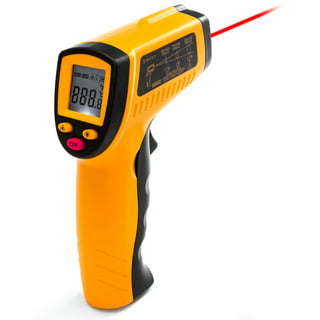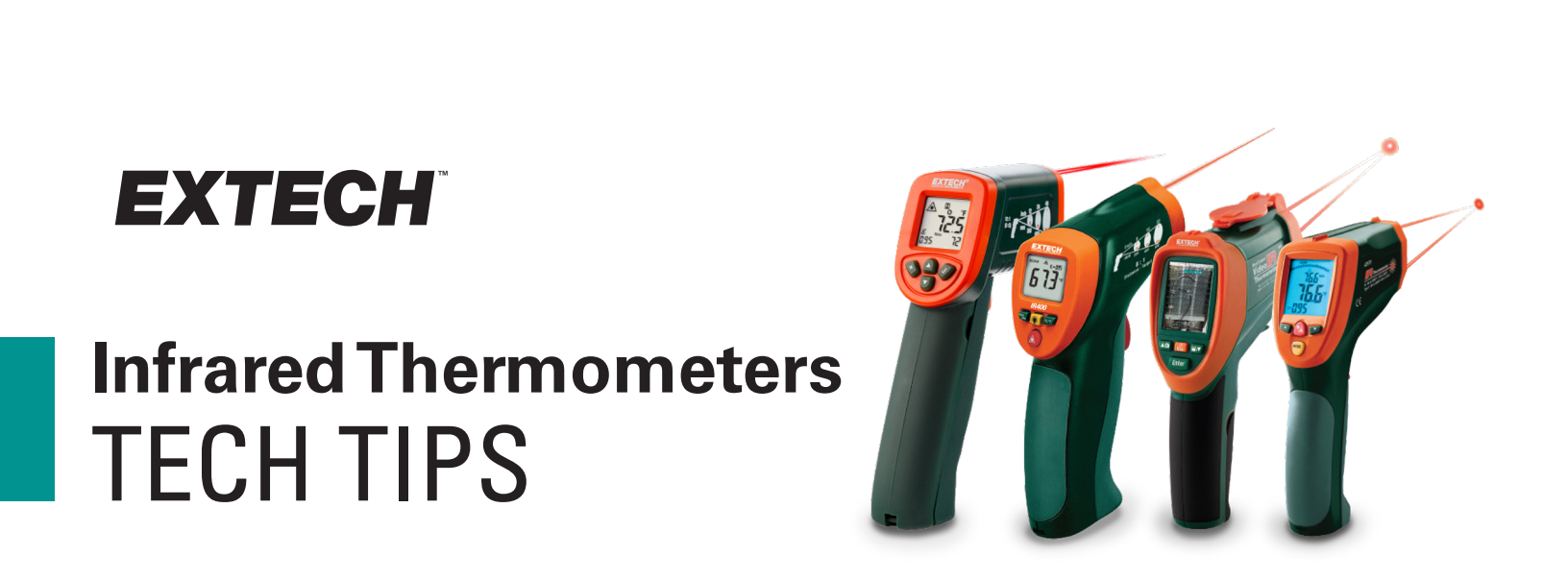Sensors, Free Full-Text
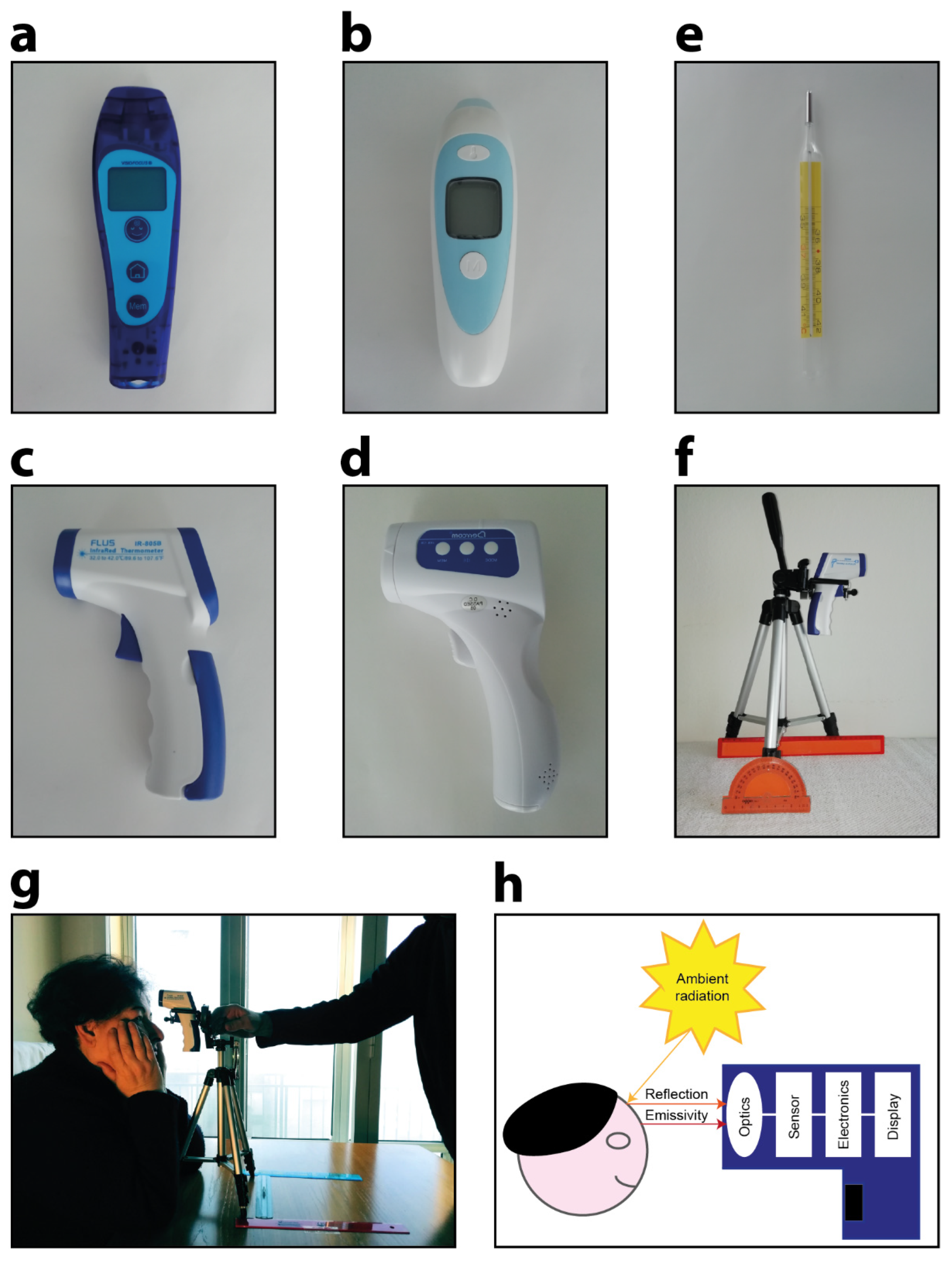
Sensors, Free Full-Text
During the COVID-19 pandemic, there has been a significant increase in the use of non-contact infrared devices for screening the body temperatures of people at the entrances of hospitals, airports, train stations, churches, schools, shops, sports centres, offices, and public places in general. The strong correlation between a high body temperature and SARS-CoV-2 infection has motivated the governments of several countries to restrict access to public indoor places simply based on a person’s body temperature. Negating/allowing entrance to a public place can have a strong impact on people. For example, a cancer patient could be refused access to a cancer centre because of an incorrect high temperature measurement. On the other hand, underestimating an individual’s body temperature may allow infected patients to enter indoor public places where it is much easier for the virus to spread to other people. Accordingly, during the COVID-19 pandemic, the reliability of body temperature measurements has become fundamental. In particular, a debated issue is the reliability of remote temperature measurements, especially when these are aimed at identifying in a quick and reliable way infected subjects. Working distance, body–device angle, and light conditions and many other metrological and subjective issues significantly affect the data acquired via common contactless infrared point thermometers, making the acquisition of reliable measurements at the entrance to public places a challenging task. The main objective of this work is to sensitize the community to the typical incorrect uses of infrared point thermometers, as well as the resulting drifts in measurements of body temperature. Using several commercial contactless infrared point thermometers, we performed four different experiments to simulate common scenarios in a triage emergency room. In the first experiment, we acquired several measurements for each thermometer without measuring the working distance or angle of inclination to show that, for some instruments, the values obtained can differ by 1 °C. In the second and third experiments, we analysed the impacts of the working distance and angle of inclination of the thermometers, respectively, to prove that only a few cm/degrees can cause drifts higher than 1 °C. Finally, in the fourth experiment, we showed that the light in the environment can also cause changes in temperature up to 0.5 °C. Ultimately, in this study, we quantitatively demonstrated that the working distance, angle of inclination, and light conditions can strongly impact temperature measurements, which could invalidate the screening results.

Sensors, Free Full-Text, Design of Amphibious Vehicle for Unmanned Mission in Water Quality Monito

Sensor Letters
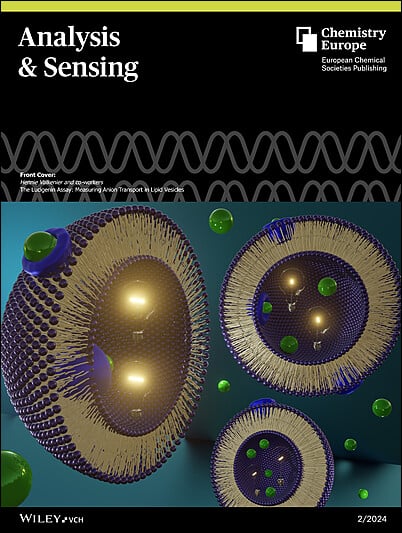
Analysis & Sensing - Chemistry Europe - Wiley Online Library
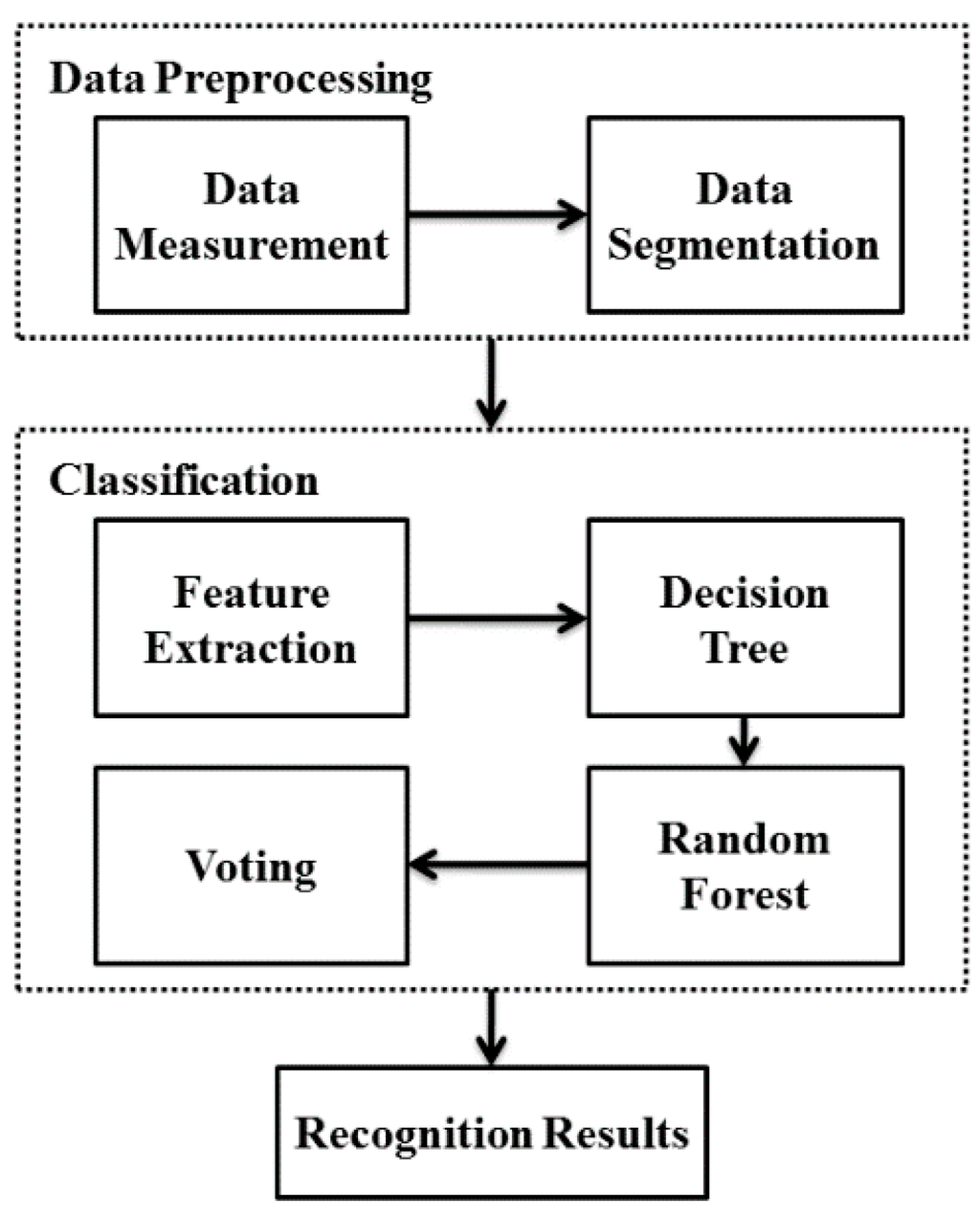
Sensors, Free Full-Text

Sensor Letters

Help - PubMed

Sensors, Free Full-Text
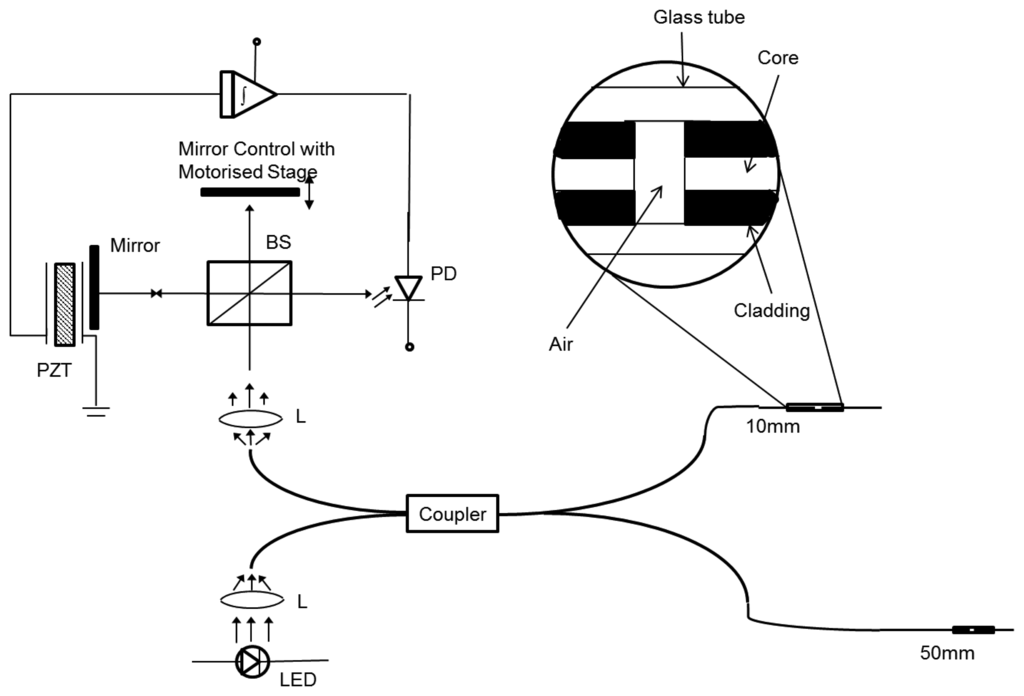
Sensors, Free Full-Text
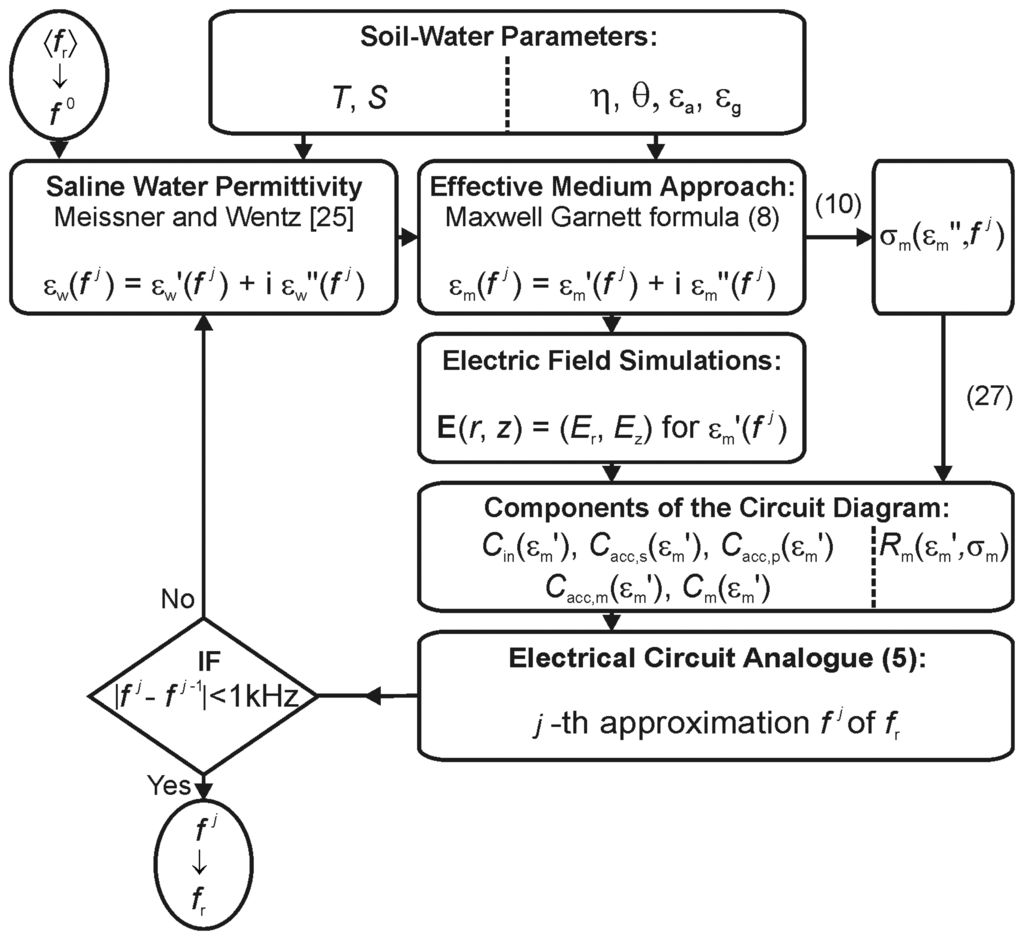
Sensors, Free Full-Text

Sensor Tower - Market-Leading Digital Intelligence

20 Free Guides for Arduino Modules and Sensors

